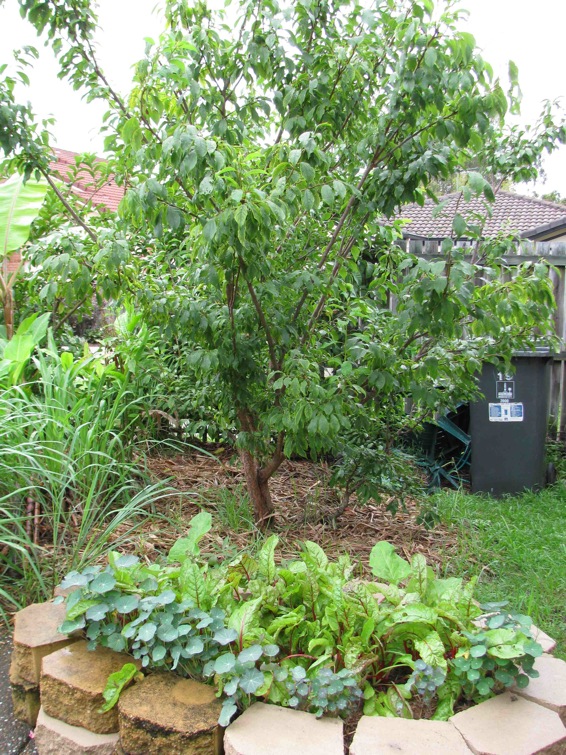Plant in full sun.
Gulf ruby plum tree.
Grows to 4 m x 4 m.
Rich flavor purple red skin and rose red center.
Fruiting months november and december.
Fruit need early bagging from fruit fly.
It cross pollinates with all the other gulf serie.
We recommend another gulf series variety.
We recommend another gulf series variety.
Plums taste absolutely gorgeous rich and sweet.
Fruit ripens early may.
Low chill japanese variety suitable for warmer coastal areas.
They will produce fruit from the fort myers area to the panhandle of florida the lower southern regions of georgia and the warmer areas of the gulf coast states.
This is a gulf ruby plum and it is a really great low chill plum so it is great if you are in warmer areas.
Needs another plum tree for pollination.
Non patented variety from the university of florida.
Gulf rose plum tree low chill tropical plum.
Gulfrose has heavy crops of medium sized fruit.
Another university of florida patented release uspp 12833.
The gulf ruby plum is a low chill plum that crops in early november.
Plum gulf ruby grafted diana s edible fruits update.
Ripens around mid november to mid december.
Plum gulf ruby juicy yellow flesh clingstone large size if properly thinned attractive red skin blush resistant to bacterial spot.
The gulf series of plum trees have been developed to adapt to our mild low chill winters.
Both are prolific but the gulf ruby is a bigger tree.
Gulf ruby ripens in november gulfgold in december.
Very low chill 275 hrs.
Gulf ruby plum tree is a medium sized plum with ruby red skin and honey sweet yellow flesh.
Next to a gulfgold for pollination.
Cross pollinate with a gulf gold or gulf blaze which crop a little later so this will also extend your fruiting season into.
About as beautiful as a plum can get.
Mature fruits are about 1 2inches in diameter and are usually ready for harvest around may to june.
Needs another plum tree for pollination.
Although bred by the university of florida in 1982 gulf ruby plum trees prunus salicina gulf ruby were never patented because the tree turned out to be susceptible to bacterial spot disease.

